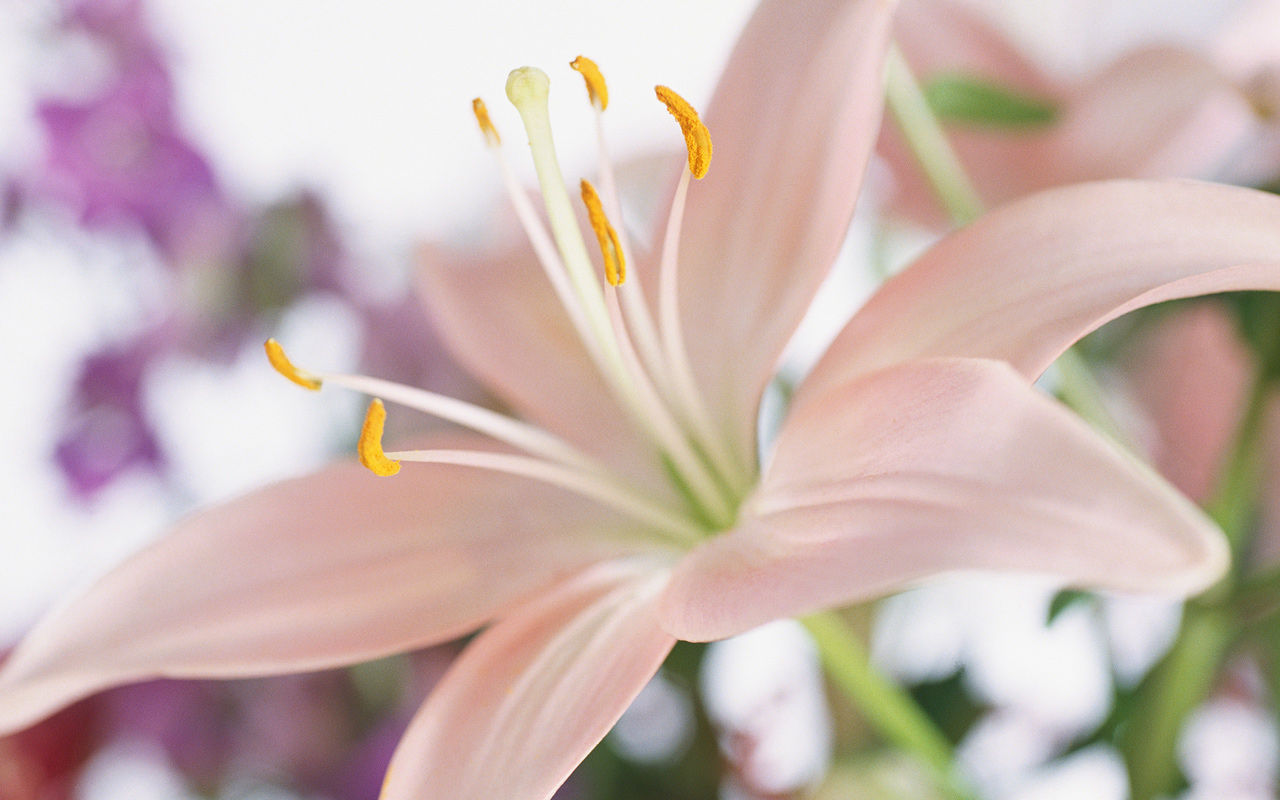
On the beach, pay attention to the hygiene of the private parts (even for children)
Sand and sweat can lead to irritation which, if left untreated, can lead to infections. Here's how to prevent and deal with the problem
The beach is a "paradise" for children, but it requires a lot of attention from mothers and fathers. The little ones risk being too much in the sun (the use of high protection sun creams and hats is essential) and even the sea hides pitfalls,
But not only. Many parents are faced with problems related to the private parts of their daughters. The beach is freedom, even from clothes, but it is essential to take precautions to avoid unpleasant surprises related to continuous contact with the sand and the bathing suit.
It is forbidden to hold the pee
«Vaginal irritations are quite frequent at the sea - explains the head of the Dermatology complex operating unit at the Bambino Gesù pediatric hospital in Rome -. Synthetic swimsuits do not allow the skin to breathe and retain sweat. Furthermore, on the beach, children are focused on playing so much that they often forget the urge to pee. This creates two types of problems: on the one hand a few drops of pee can end up on the costume thus remaining in contact with the skin, and this is harmful because the urine produces ammonia. On the other hand, holding back the stimulus leads to a difficulty in peeing even when you go to the bathroom. In other cases the girls pee in a hurry without drying themselves: this is also a wrong behavior because the swimsuit remains wet ».
Emollient and zinc oxide creams
What to do if irritation appears? «It is important to face the problem immediately - explains the expert, because if the dermatitis is neglected it can give rise to an infection due to bacteria or fungi, which must be treated with drugs. If, on the other hand, the parent is attentive, it usually resolves everything within 2-3 days without the need to see a doctor. In the case of irritation (which corresponds to diaper rash in young children), the therapy is very simple: in addition to taking care of the hygiene of the affected part very well, you can use a simple emollient cream and a zinc oxide cream, as well as possibly a local non-cortisone anti-inflammatory, all products that can be purchased in pharmacies without a prescription. If after a couple of days the situation does not improve it is necessary to contact a pediatrician or a dermatologist ".
Change your swimsuit often
What to do instead to prevent the problem? «As I said, it is essential to take maximum care of hygiene by teaching girls to never hold back their pee and to dry themselves well after having done it, in addition to washing their hands. If the parent has the doubt that these steps are not done in the best way, the solution is to change the bathing suit often and do frequent rinsing, perhaps using the showers in the establishment. It would be good to avoid having children sit directly on the sand, always trying to put them on a towel. And I recommend never leaving them naked (not even the smallest ones), because the costume is a protection factor. In fact, the sand enters the folds and risks staying there for a long time: being grainy, it is irritating to the skin. On the contrary, one should not fear sea water, which is not to be counted among the causes of intimate inflammation ».
More risks for allergy sufferers
Are some children more predisposed to the problem? «The type of skin and possible diseases can represent risk factors. For example, children who have a predisposition to allergies are more easily irritated, as well as if they have dry skin or small skin lesions. Also in diabetics, irritation more often turns into infection.
